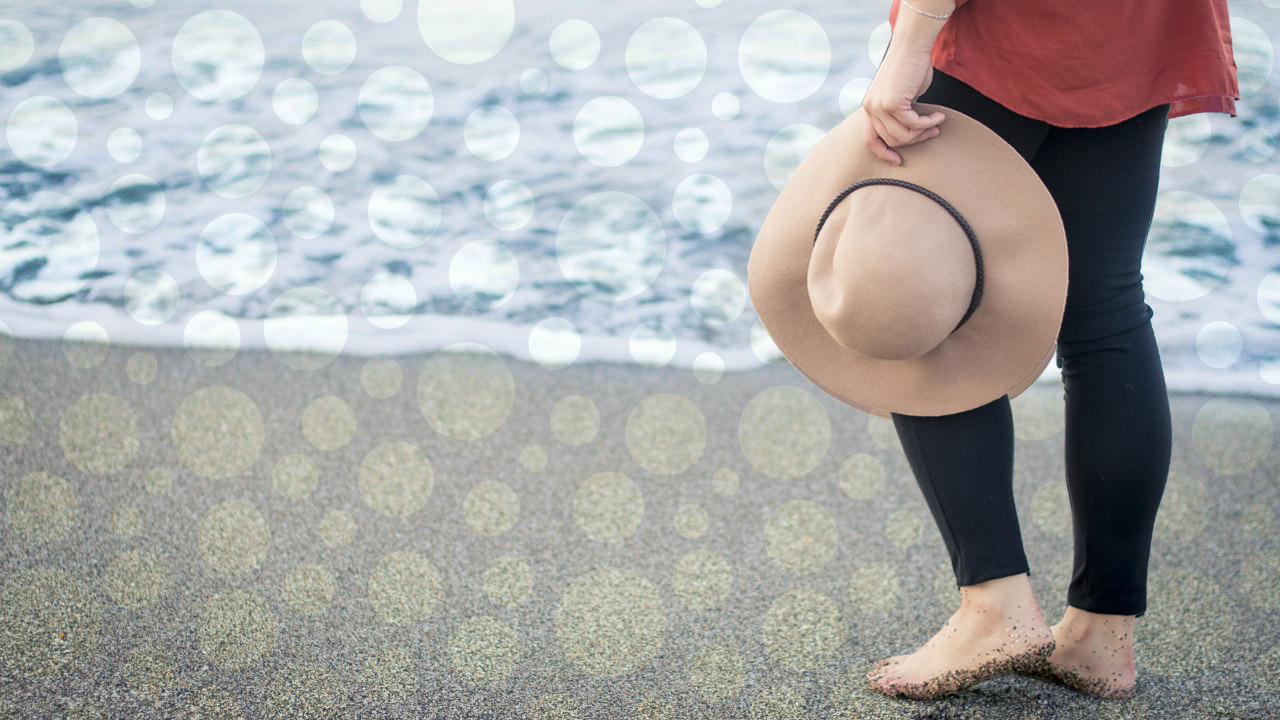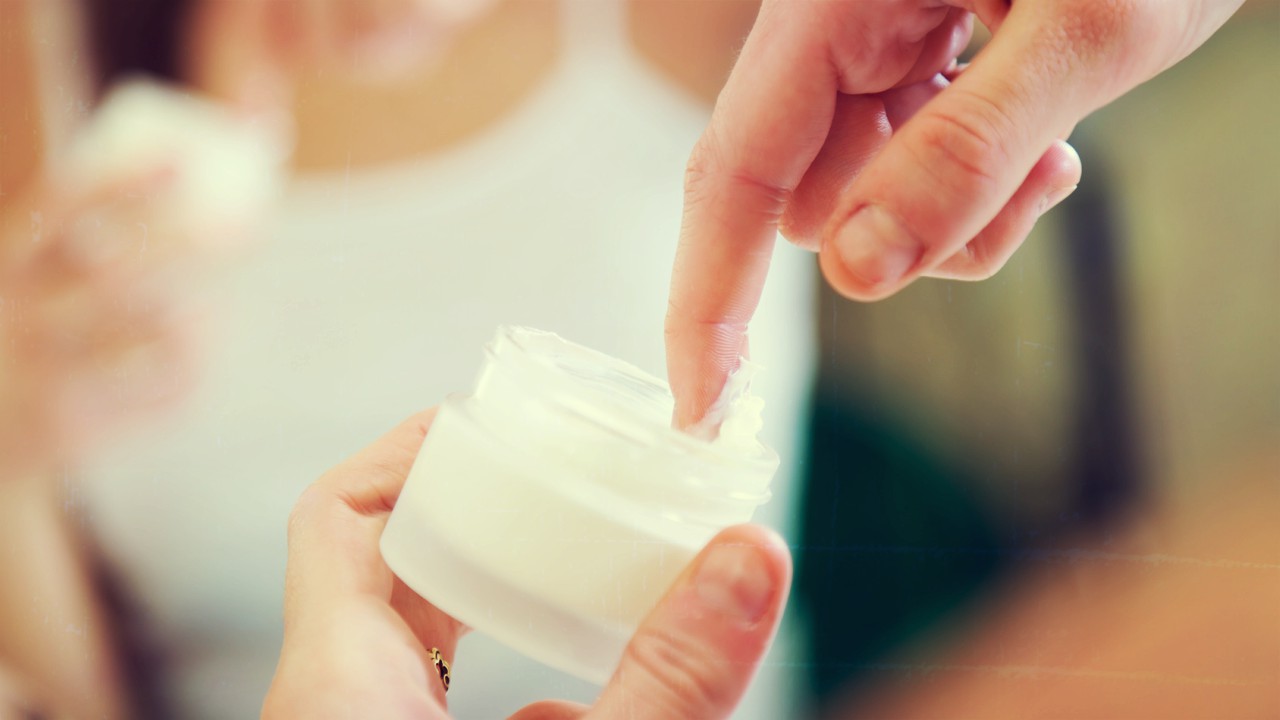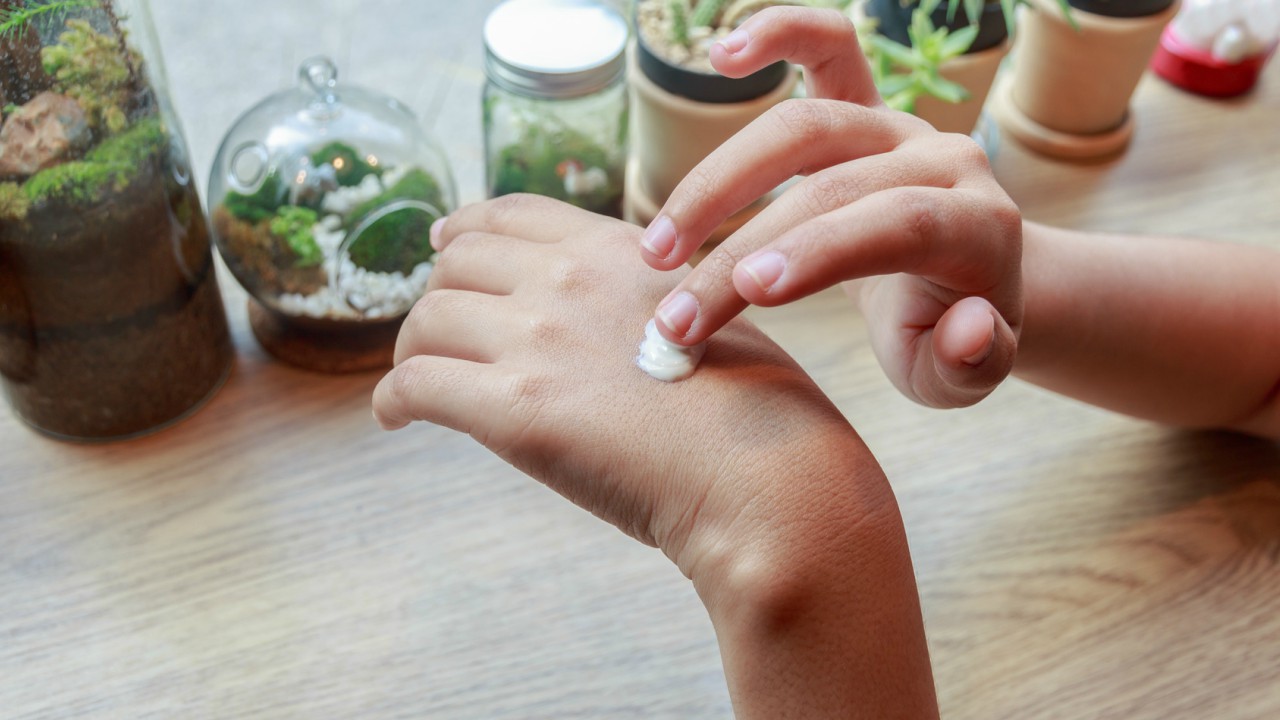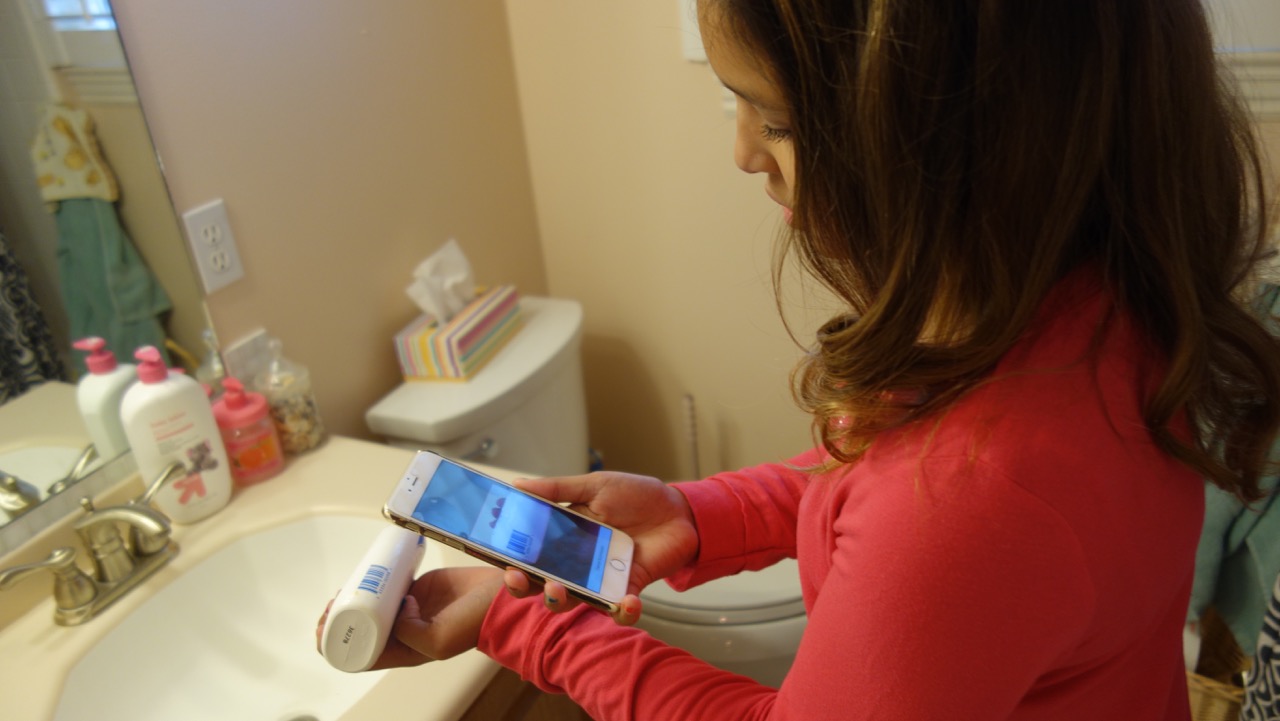 Via Pexels, edited by Kaitlyn Thompson
Via Pexels, edited by Kaitlyn Thompson
Wisdom is said to come with age and for many of us approaching middle age, part of that wisdom may include protecting skin from the damaging rays of the sun. Research and common sense both support the idea that the older we get, the higher our risk of developing skin cancer becomes.
Exposure to the UV rays of the sun is a known risk factor for developing skin cancer. UV radiation can damage the genetic coding or DNA in your skin cells. Skin cancer develops when the genes that control skin cell growth are damaged. This causes the cells to grow out of control.
Time spent out in the sun or under a tanning light causes cumulative damage to your skin. So the more time your skin spends without adequate protection from UV rays, the more damaged it becomes. That increases your risk of skin cancer.
This means that as you age, your risk of developing skin cancer automatically increases, as your skin has more opportunities to be damaged by the sun.
When you think of skin damage you probably think of sunburn. But even spending enough time in the sun to get a tan can mean that your skin has been damaged. The more times you burn or tan, and the more total exposure your skin has to UV rays, the higher your risk of skin cancer may become.
This realization, that time in the sun increases damage and cancer risks, is a relatively new idea. So many people who are middle-aged now may have deliberately spent time in the sun or a tanning bed when they were young, trying to gain the suntan that was the trend at the time.
This lack of understanding may have contributed to the overall increase in skin cancer cases in the population. One study from the Mayo Clinic shows that from 1970 to 2009, the number of people between the ages of 40 and 60 years who were first diagnosed with melanoma increased significantly.
This same research also showed that middle-aged women are more likely to get skin cancer than middle-aged men. Knowing this, some researchers have suggested that women’s increased risk as they age may be affected by hormonal changes as they go through menopause.
Other gender-specific theories include hormone replacement therapy and hormone changes during pregnancy as factors in women’s increased risk. Researchers continue to study these ideas, but have not found any conclusive evidence that menopause or hormone fluctuations are connected with skin cancer risks.
Regardless of your age or skin health history, there are things you can do now to help protect your skin against skin cancer:
Wear sunscreen
Use at least an SPC 30 sunscreen and apply it generously all over your exposed skin, including on top of your ears, under your arms, and on the bottom of your feet. Reapply sunscreen at least every 2 hours.
Avoid high UV times
The sun’s UV rays are strongest in the middle of the day. So stay out of the sun if you can between the hours of 10 a.m. and 4 p.m.
Cover up
If you can’t stay in the shade, choose clothes that will protect your skin, including a sun hat and sunglasses.
Check your skin
Learn what skin cancer looks like, and check all of your skin regularly. Also be sure to schedule an appointment with your dermatologist for an annual skin exam.
Growing older does mean increased risk for skin cancer. But early detection and treatment can reduce the threat of long-term health complications.
If you have questions about skin cancer or the health of your skin, talk to your health care professional.
Sources
Mayo Clinic Proceedings. Increasing Incidence of Melanoma Among Middle-Aged Adults: An Epidemiologic Study in Olmsted County, Minnesota. Garrett C. Lowe, MD et al. Web. July 29, 2015.
http://www.sciencedirect.com/science/article/pii/S0025619613008781
Cancer Research UK. Melanoma risks and causes. Web. July 29, 2015.
http://www.cancerresearchuk.org/about-cancer/type/melanoma/about/melanom...
http://www.cancerresearchuk.org/cancer-help/type/melanoma/about/melanoma...
American Cancer Society. What are the risk factors for melanoma skin cancer? Web. July 29, 2015.
http://www.cancer.org/cancer/skincancer-melanoma/detailedguide/melanoma-...
American Cancer Society. Don’t Fry: Preventing Skin Cancer. Web. July 29, 2015.
http://www.cancer.org/research/infographicgallery/skin-cancer-prevention...
Ellen Dolgen. Menopause and Skin Cancer: Taking Care of the Skin You’re In. Ellen Dolgen. Web. July 29, 2015.
http://ellendolgen.com/menopause-blog/2014/05/26/menopause-and-skin-canc...
Reviewed July 31, 2015
by Michele Blacksberg RN
Edited by Jody Smith





Add a CommentComments
There are no comments yet. Be the first one and get the conversation started!